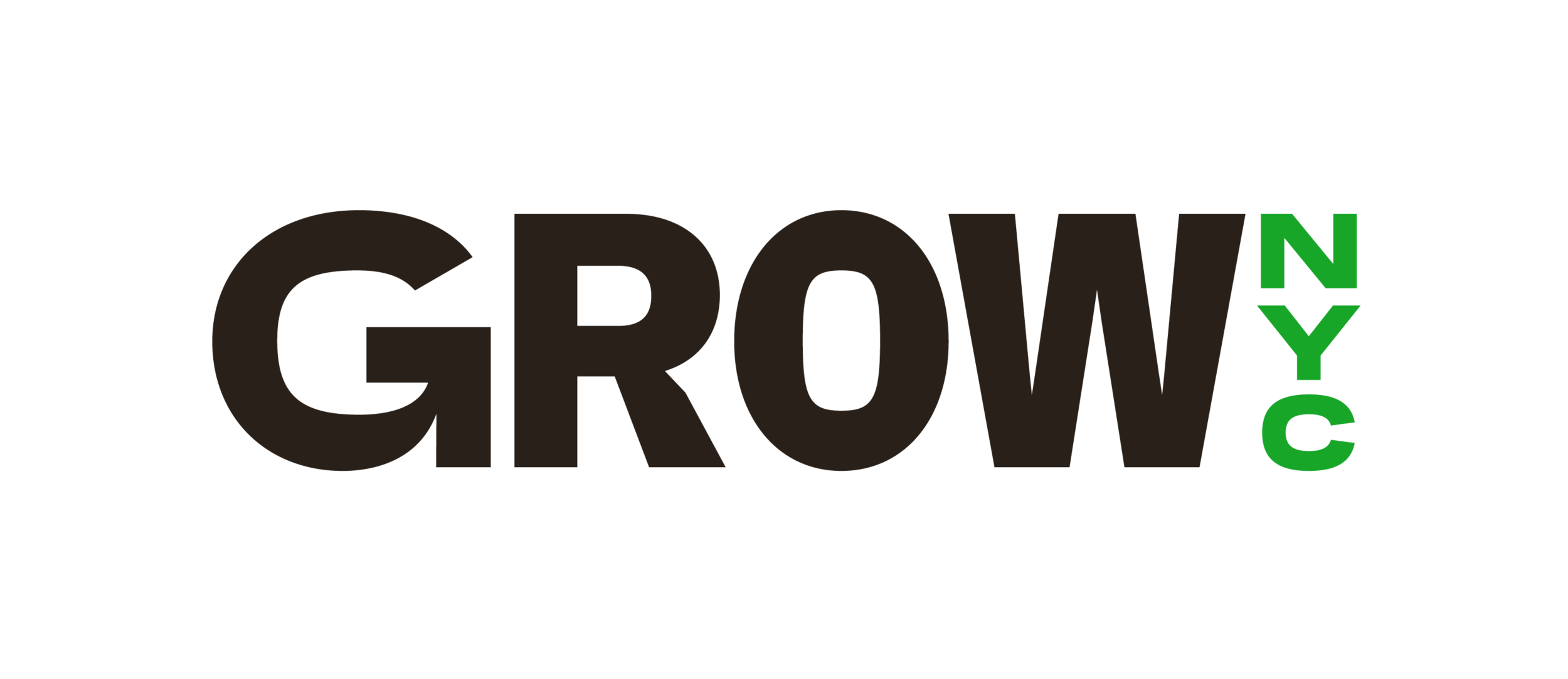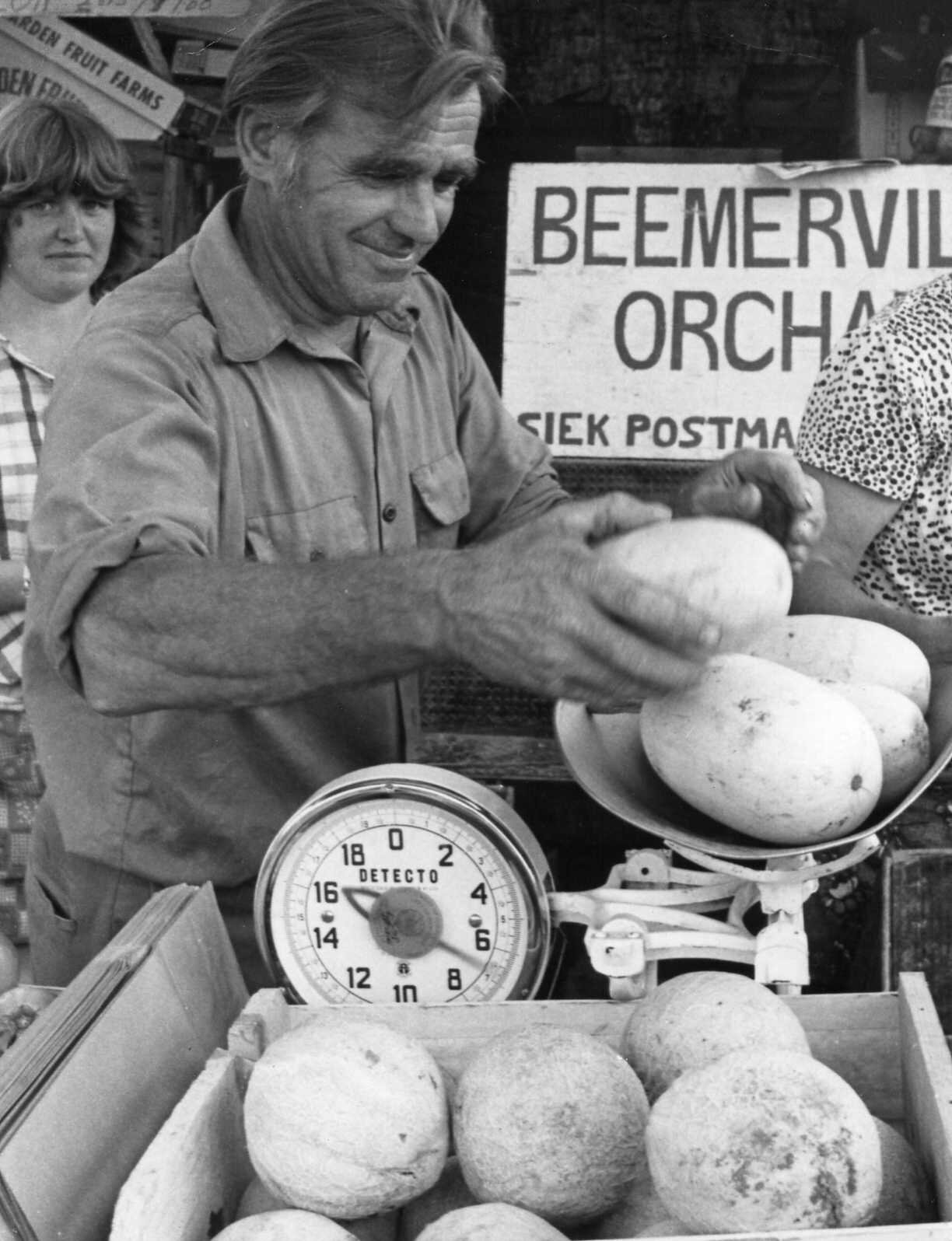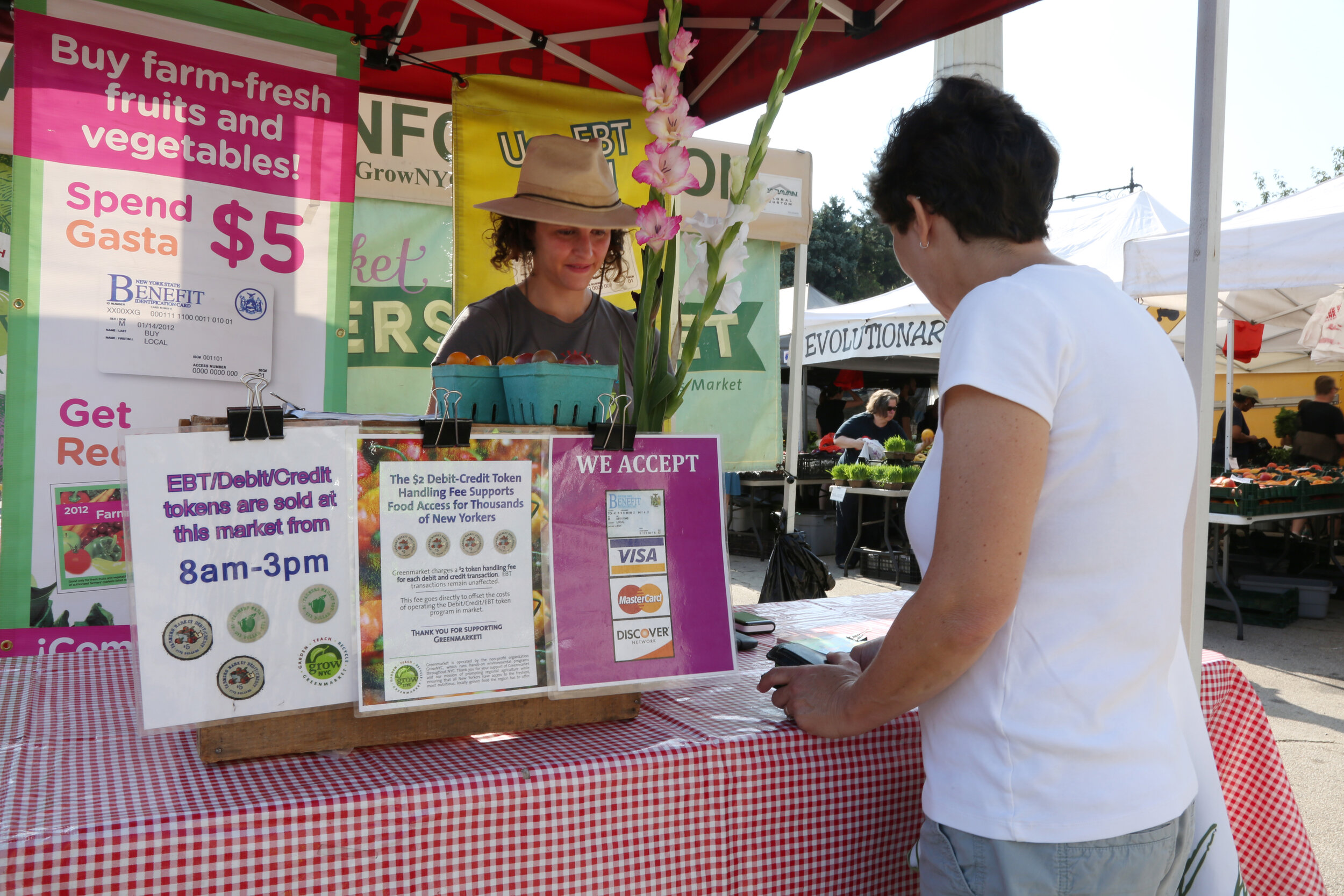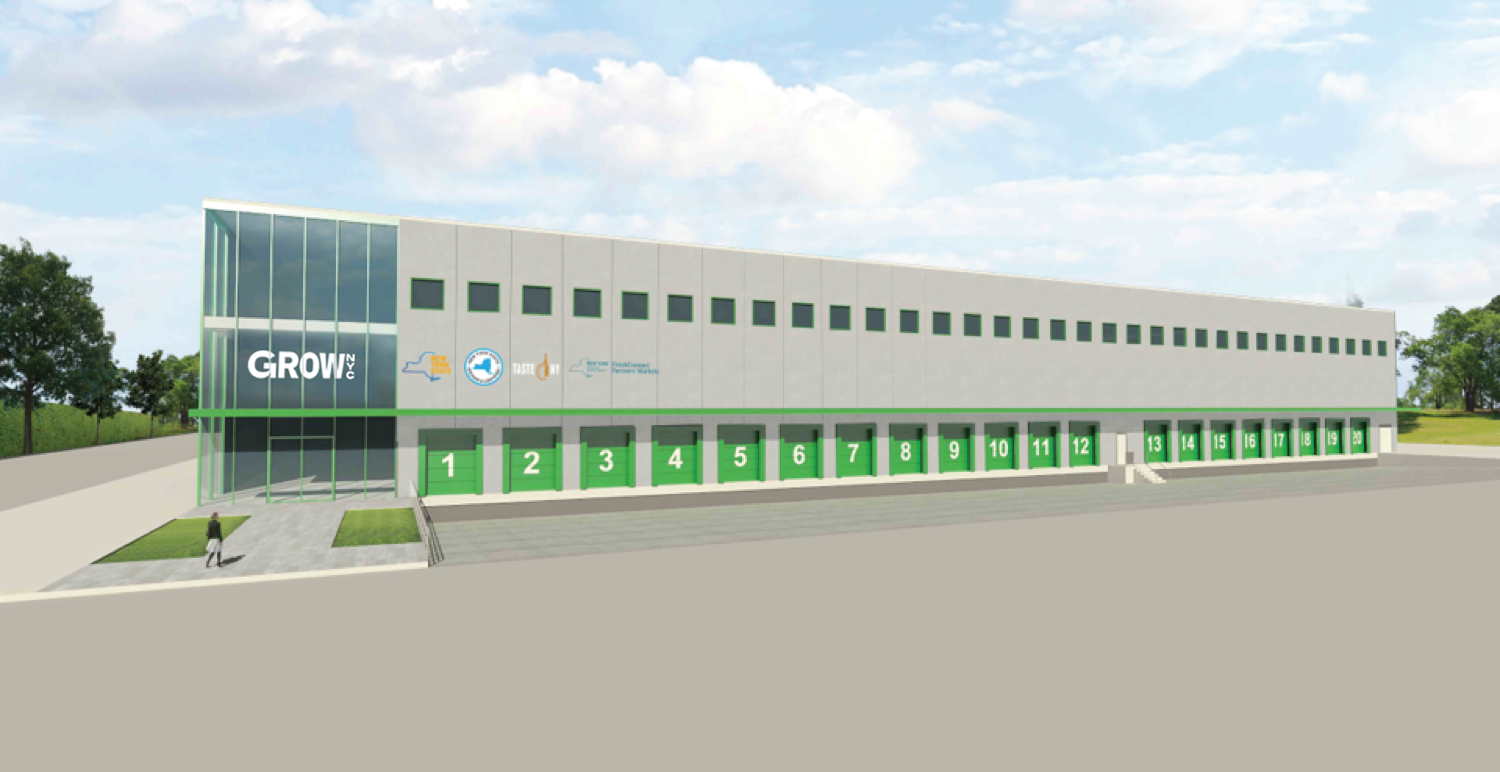Since 1970 we have dedicated ourselves to improving quality of life in New York City, and our impact can be felt throughout the five boroughs. See How.
1970
Mayor John Lindsay taps Marian Heiskell to establish the Mayor’s Council on the Environment, now independent nonprofit, GrowNYC.
TODAY we serve more than 3 million New Yorkers every year. Our programs encourage all citizens to lead mindful lives by eating seasonally and locally, conserving resources, preserving green spaces, and taking better care of our planet.
1976
GrowNYC’s first Greenmarket opens on 59th St and 2nd Ave. Farmers remember wondering if there was a food shortage in the city, as crowds rushed their tables for the fresh corn and tomatoes.
TODAY GrowNYC operates the largest network of open-air farmers markets in the U.S. with 50 Greenmarkets featuring more than 250 producers across the five boroughs.
1979
GrowNYC builds its first community garden, All People’s Garden on East 3rd Street on the lower east side.
TODAY we have built 125 (and counting) community gardens in all five boroughs, creating nearly ONE MILLION square feet of green space.











